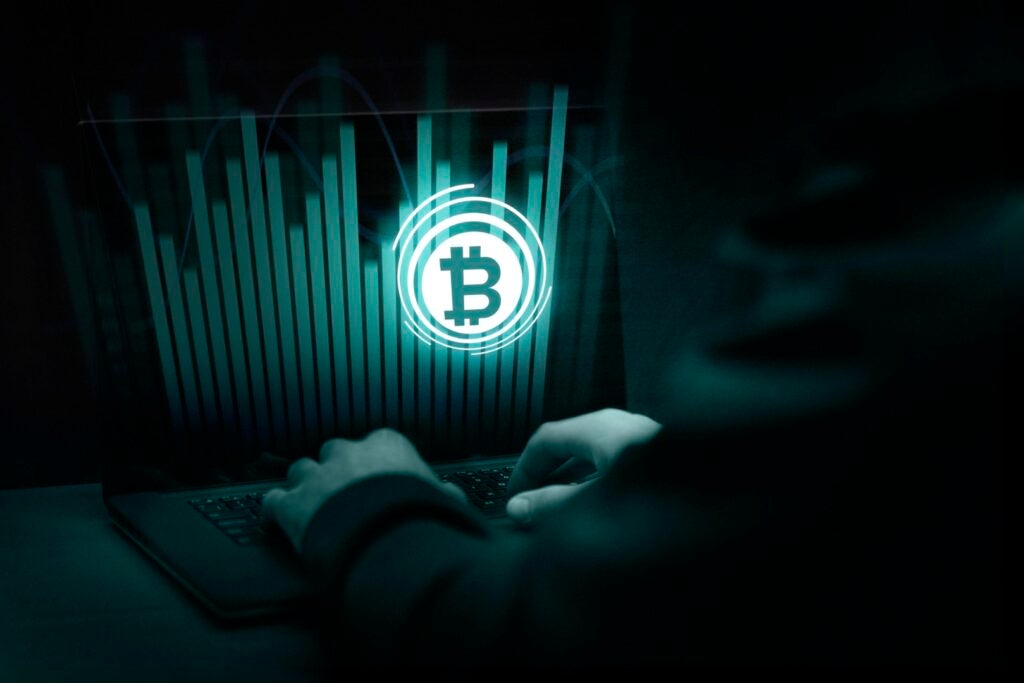Two of the largest financial institutions in the world, Citi And Société Généraleare making advancements in blockchain technology and unveiling new initiatives that could reshape traditional banking processes.
During a recent panel at The Future of Digital Assets According to Benzinga event, Citi Ioana Niculcea and Société Générale Thomas Sullivan shared their companies’ latest advances in tokenization and digital finance.
Citi launched a tokenized inter-branch deposit system called Citi Digital Money. This operational and operational solution facilitates transactions between the United States and Singapore, enabling faster and more efficient cash movements within the bank’s network.
“Our Citi Digital Cash solution – inter-branch tokenized deposits for the US-Singapore corridor – is now operational and commercial,” Niculcea said during the panel discussion.
She emphasized that the ability to integrate digital and analog financial systems is essential for customers. As demand for seamless access to traditional and digital assets increases, solutions such as Citi Digital Cash demonstrate the bank’s commitment to modernizing infrastructure while maintaining compliance.
Société Générale, through its subsidiary SG Forge, has issued a euro-denominated stablecoin on Ethereum. The stablecoin, compliant with the European Union’s Markets in Crypto-Assets (MiCA) Regulation, is designed to operate on a public blockchain, providing a secure and scalable option for digital payments.
“SG Forge’s euro-denominated stablecoin is permissionless, MiCA compliant, and transferable to Ethereum,” Sullivan explained, adding that the innovation represents a new frontier in financial services.
Sullivan also highlighted the importance of structuring SG Forge as a ring-fenced subsidiary, allowing it to operate independently while maintaining the bank’s overall compliance standards. This setup reflects a growing trend among institutions to separate digital asset divisions for greater operational flexibility.
These initiatives signal a shift in the financial sector towards blockchain adoption, driven by its potential to reduce costs and improve efficiency. Niculcea highlighted that tokenization enables programmable transactions, streamlines operations and provides transparency.
“Programmability is what makes this approach transformative, enabling pre-programmed conditions and automated workflows,” she noted. For Société Générale, the introduction of a public and compliant blockchain-based stablecoin demonstrates the scalability and practicality of digital finance in a heavily regulated environment.
Despite the progress, panelists acknowledged obstacles to integrating blockchain into traditional finance. Regulatory clarity remains a significant obstacle. Sullivan pointed out that many regulators have yet to adapt to the technology, slowing its adoption.
“The SEC has not authorized a transfer agent to use blockchain as a source of truth. Until regulations catch up, some processes will remain tied to traditional methods,” Sullivan said. At the same time, Niculcea highlighted the need for interoperability between systems to achieve scale, emphasizing collaboration between financial institutions and technology providers.
As banks like Citi and Société Générale push the boundaries of blockchain applications, the financial industry is watching closely. Their advances demonstrate the integration potential of digital assets and pave the way for a more interconnected financial ecosystem. For institutions and customers alike, these efforts mark a turning point in the journey toward adopting blockchain for traditional financial operations.
Photo: Freepik
News and market data powered by Benzinga APIs
© 2024 Benzinga.com. Benzinga does not provide investment advice. All rights reserved.

